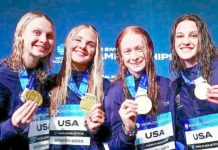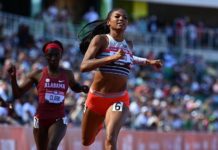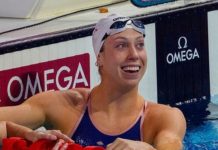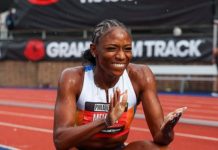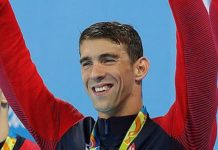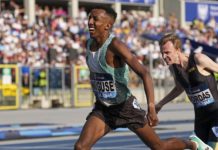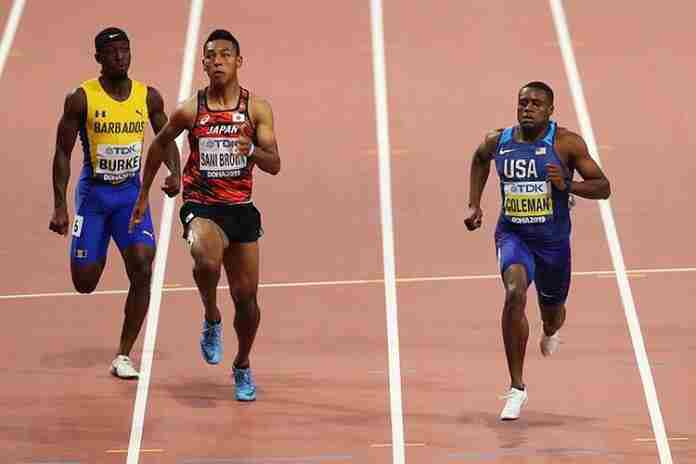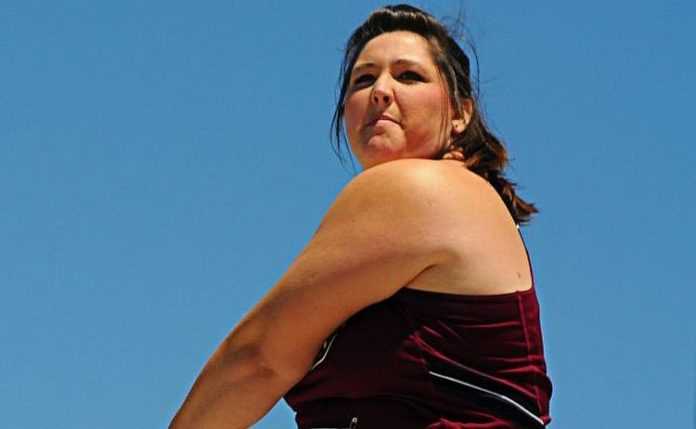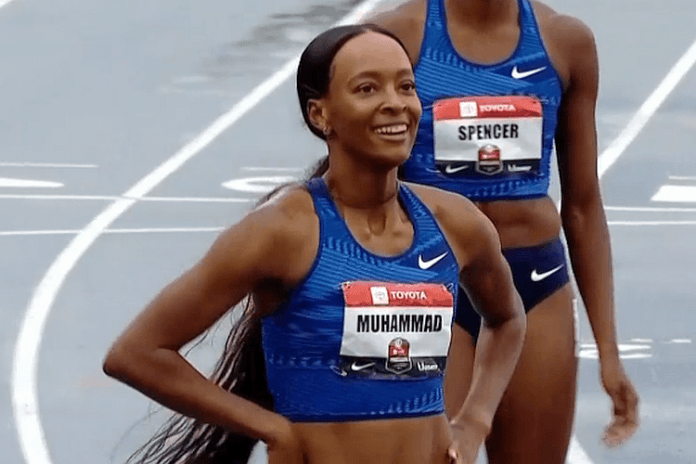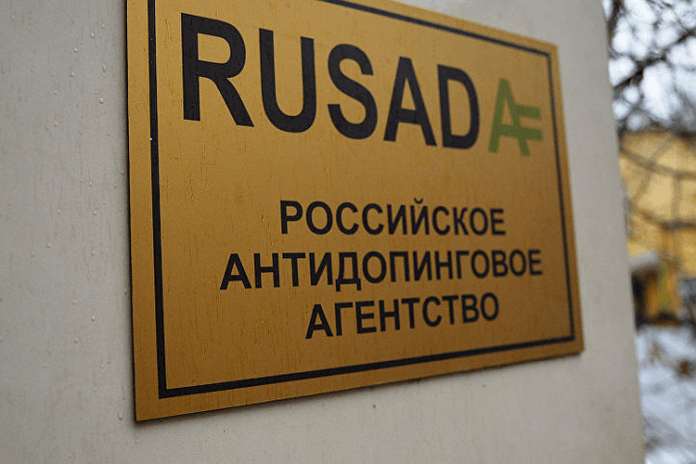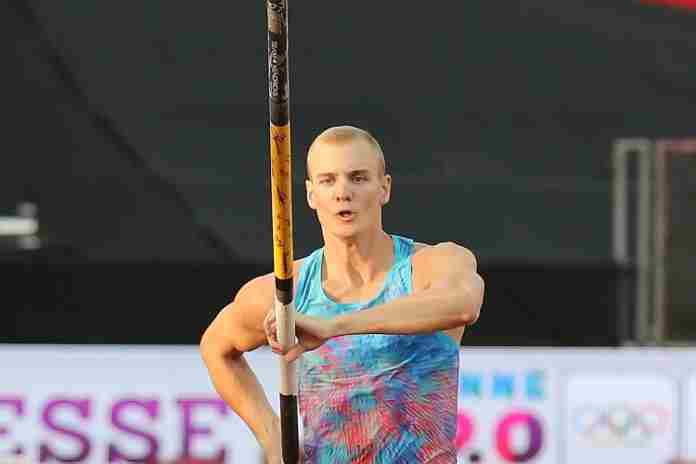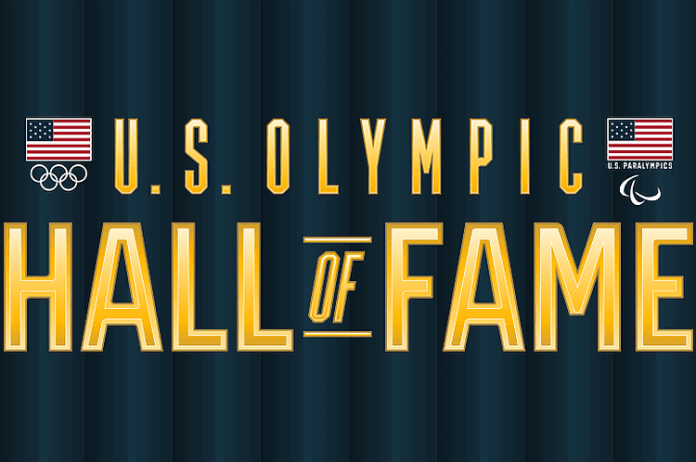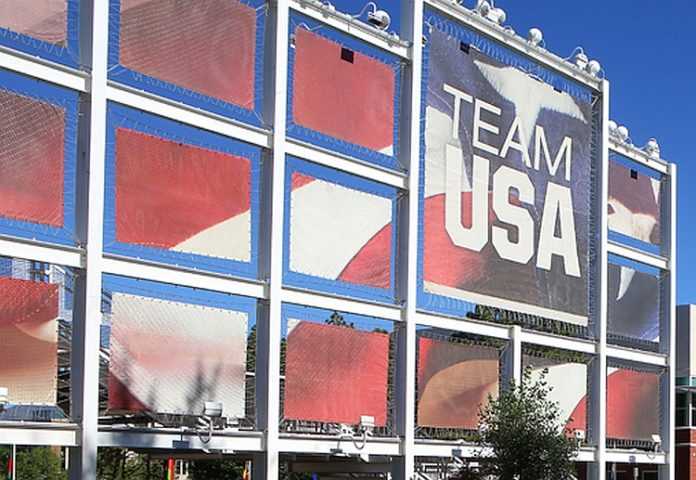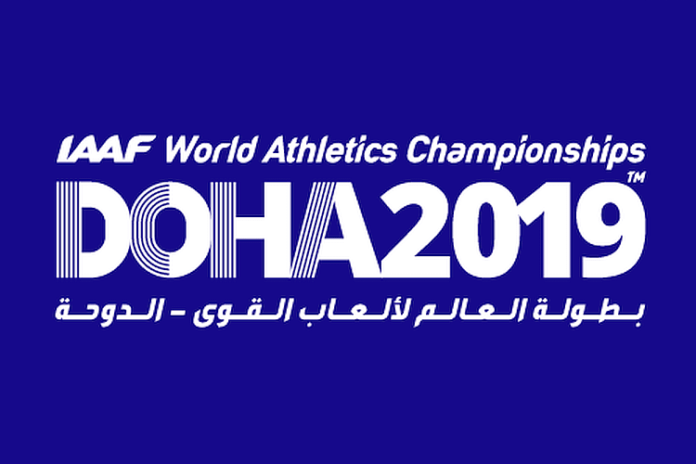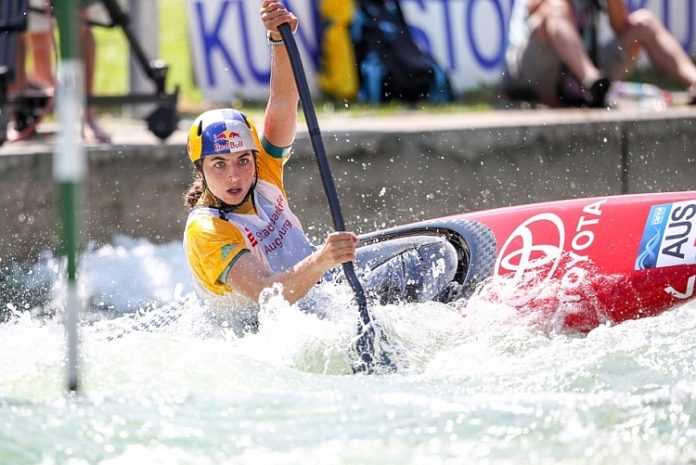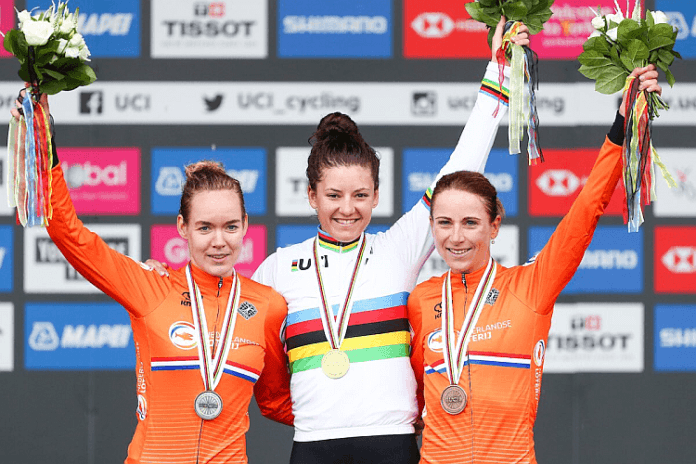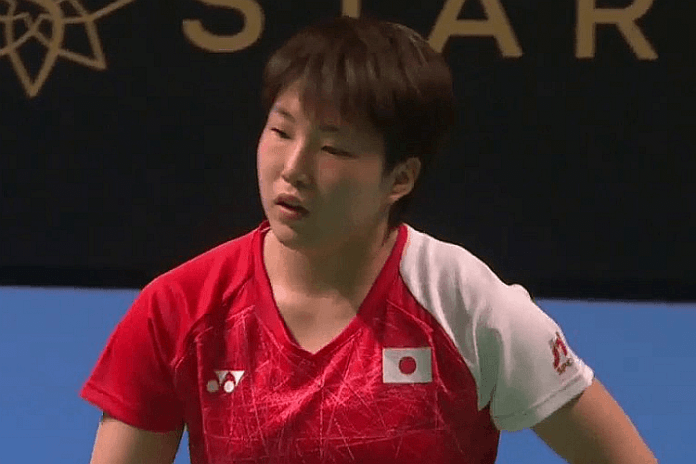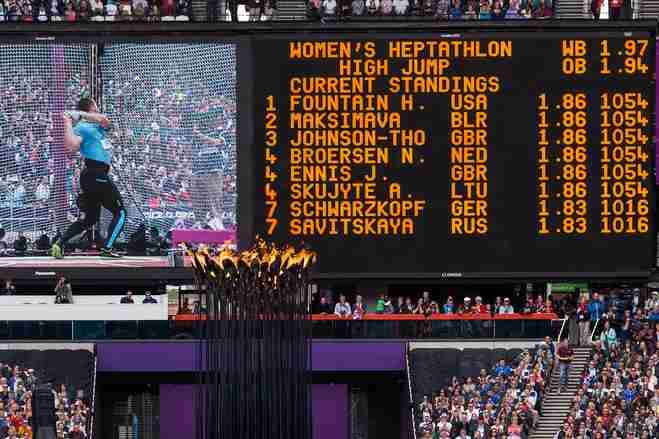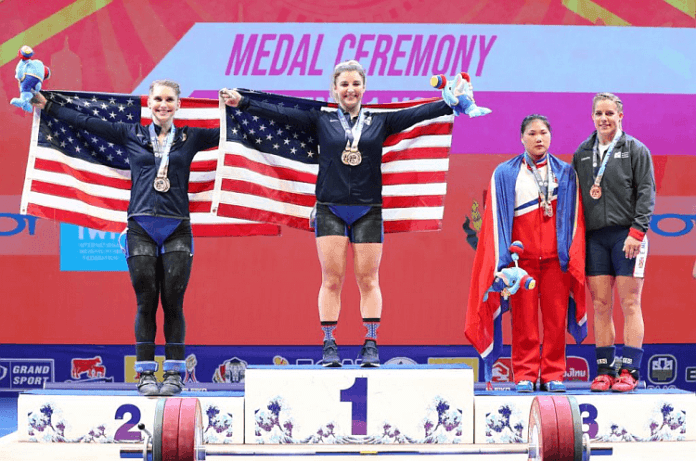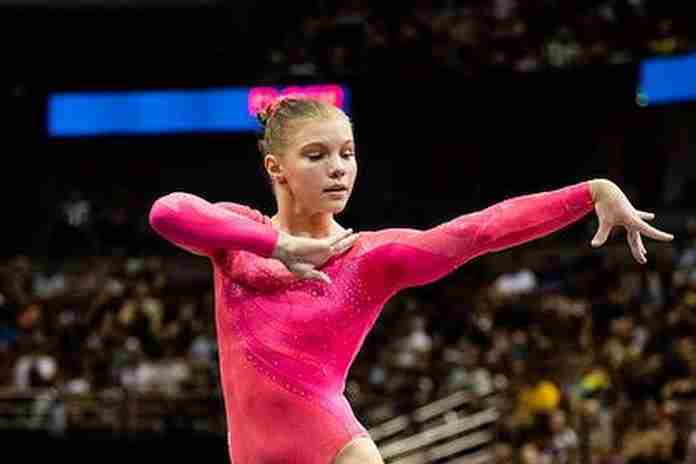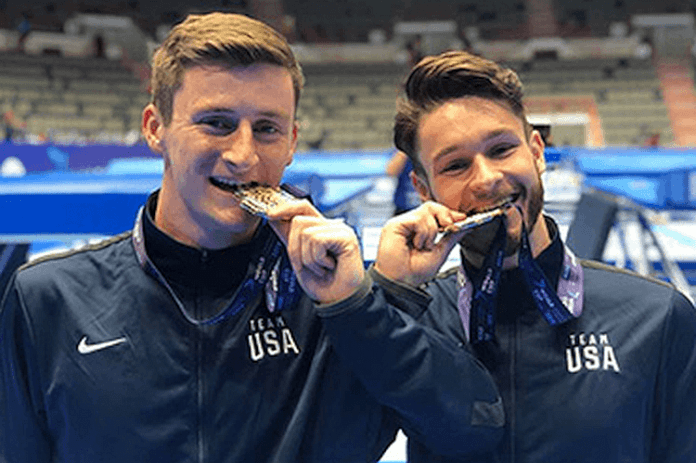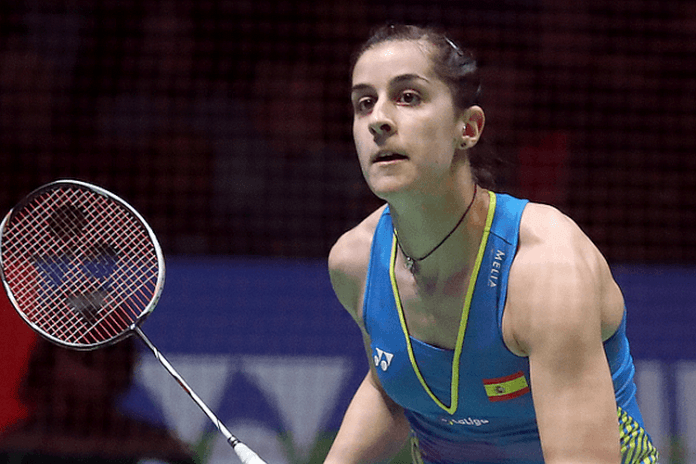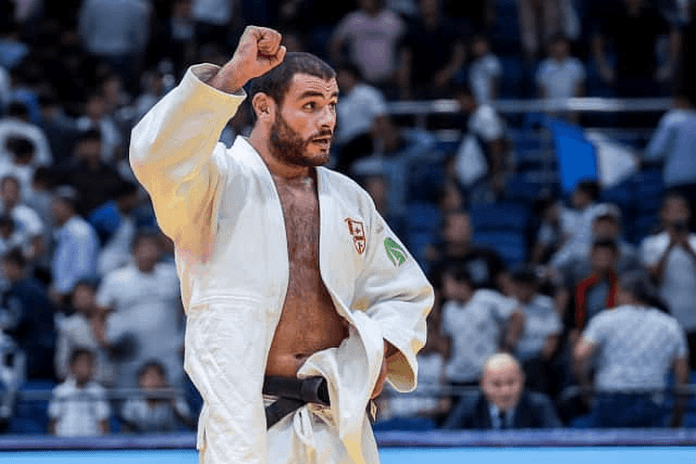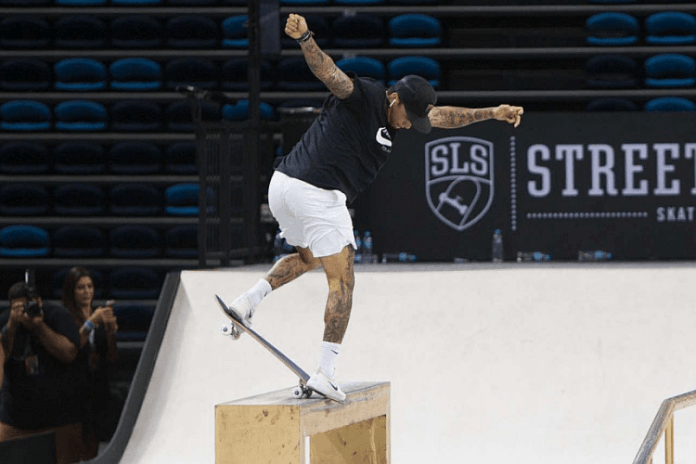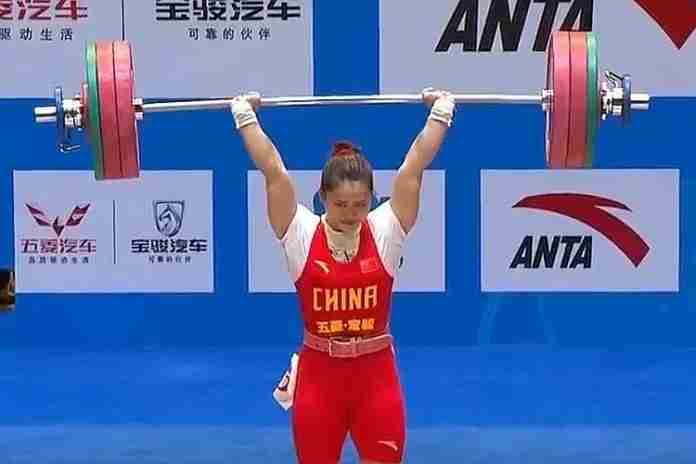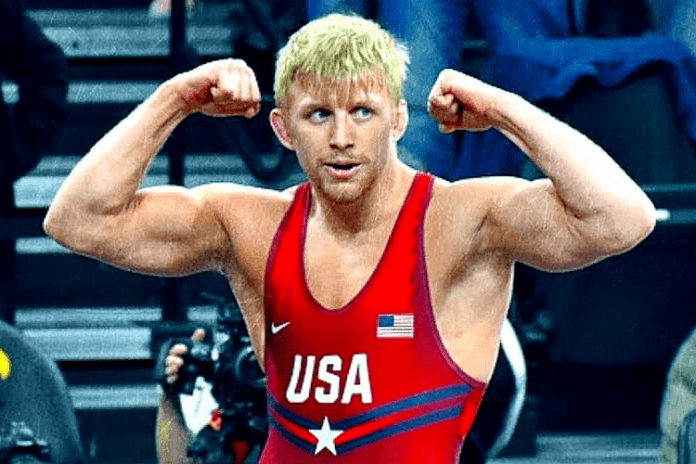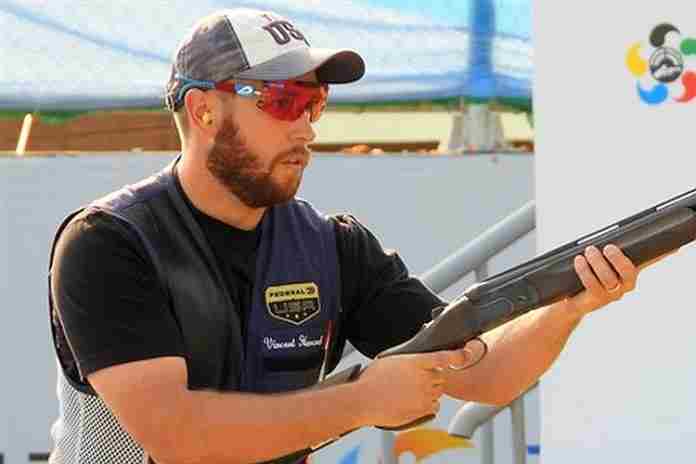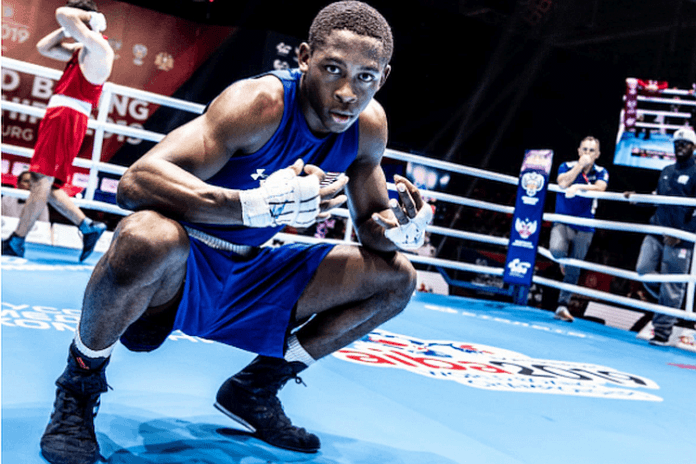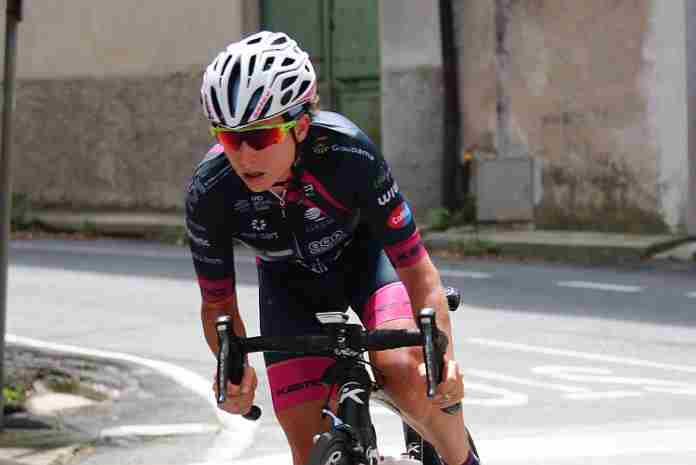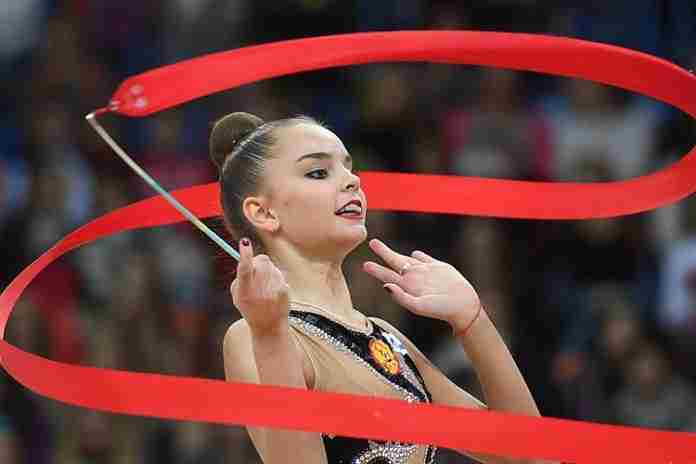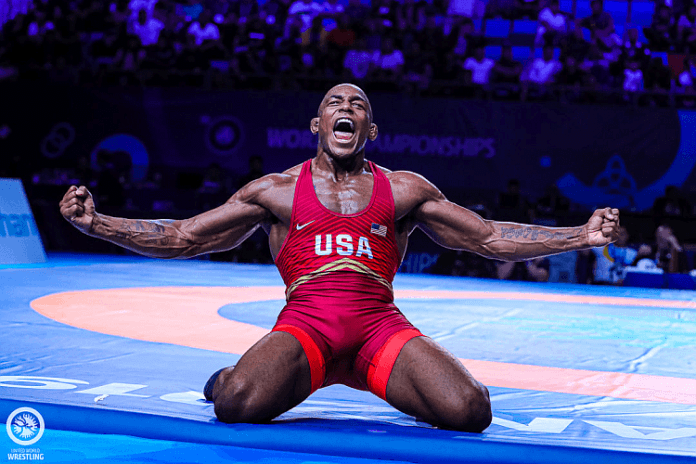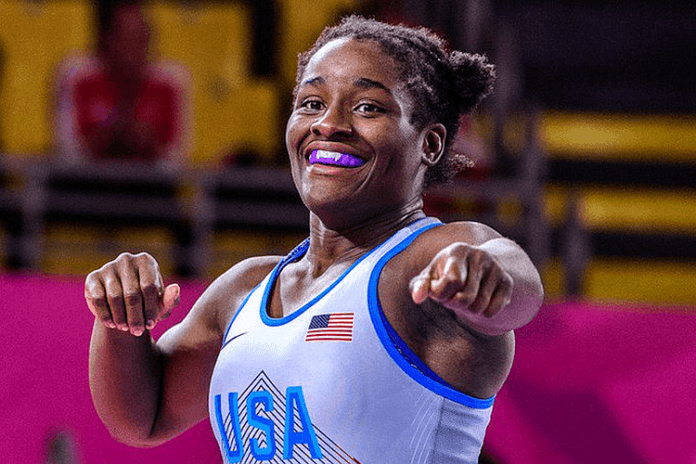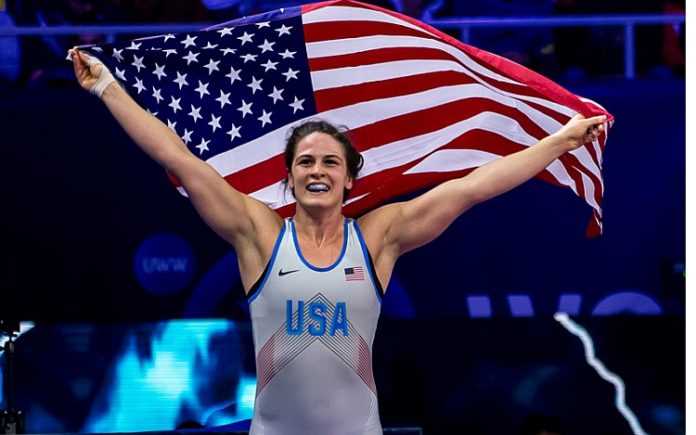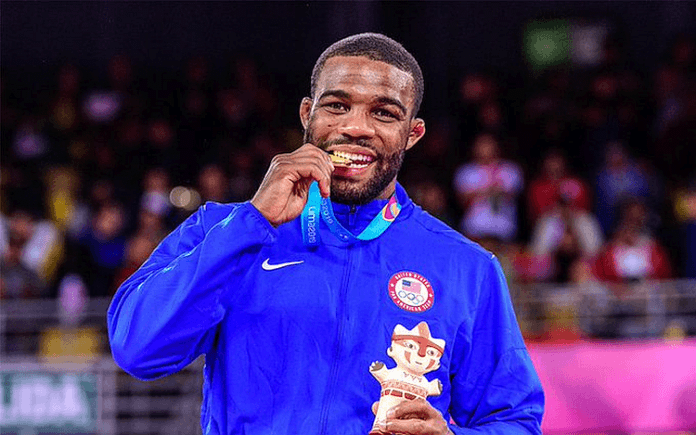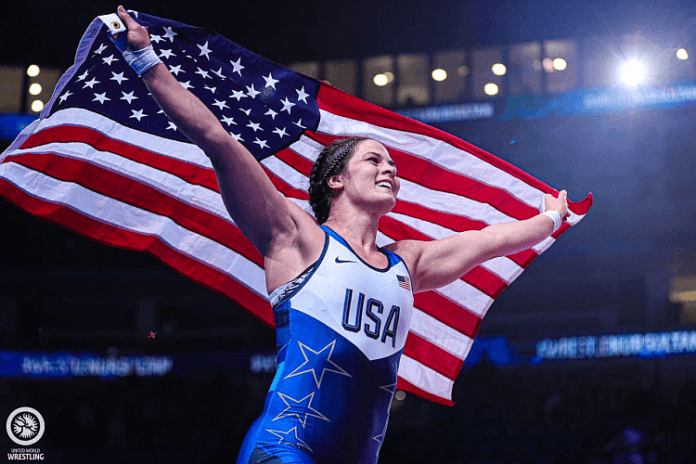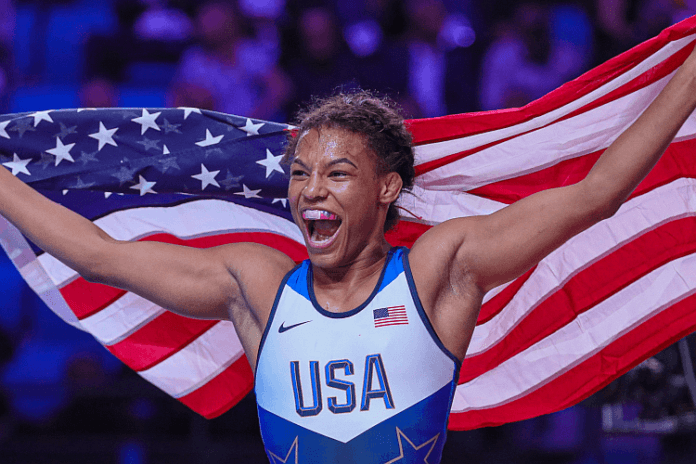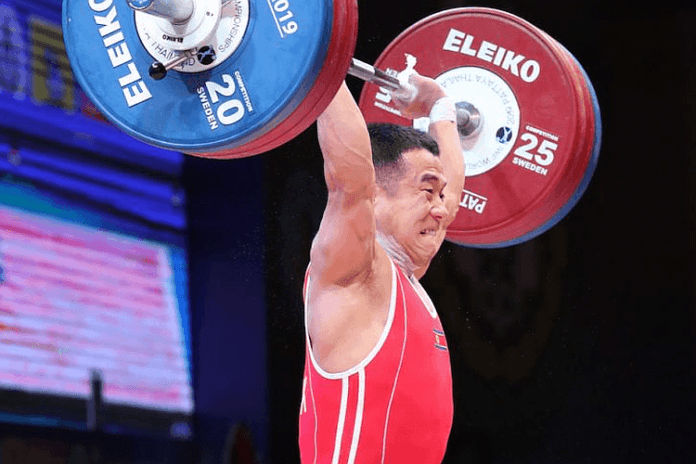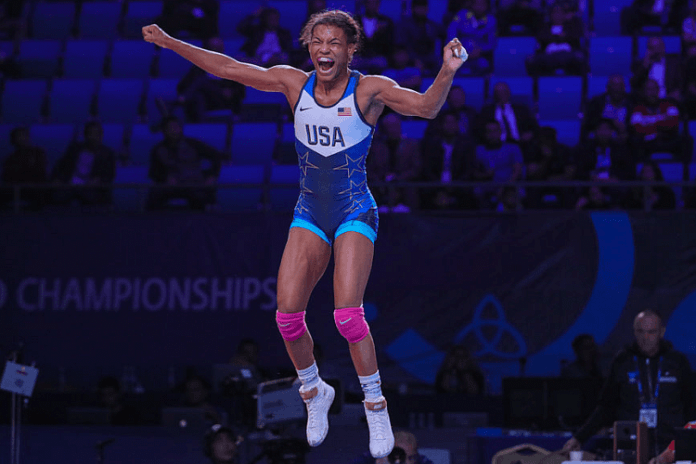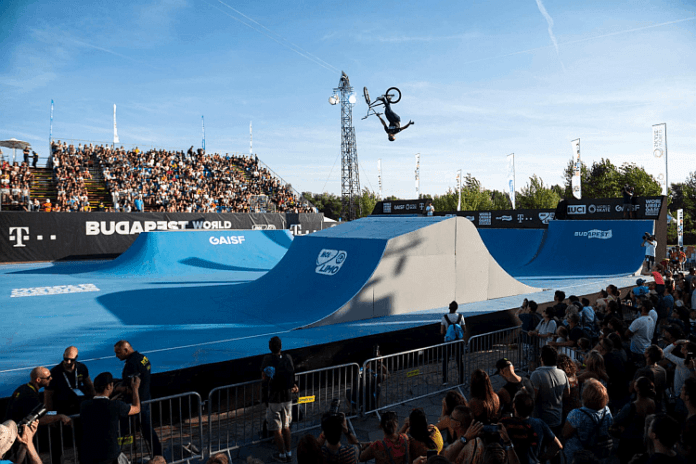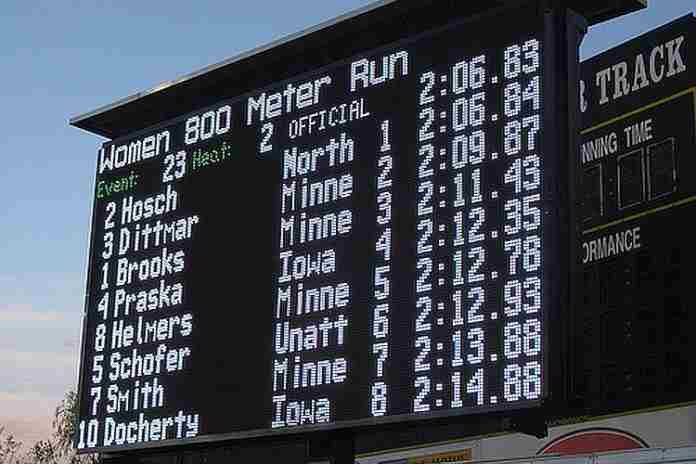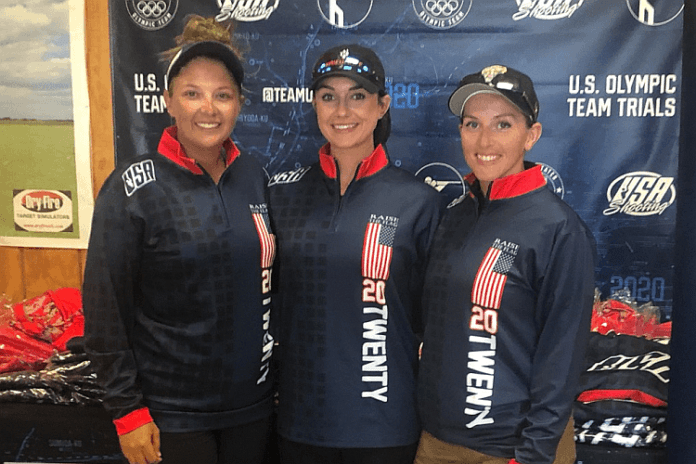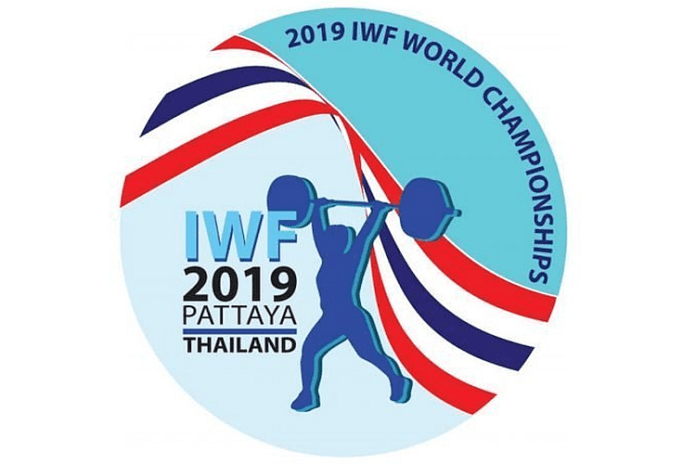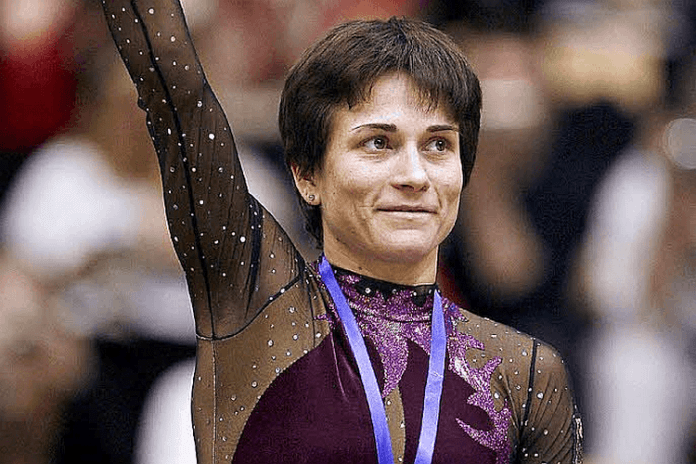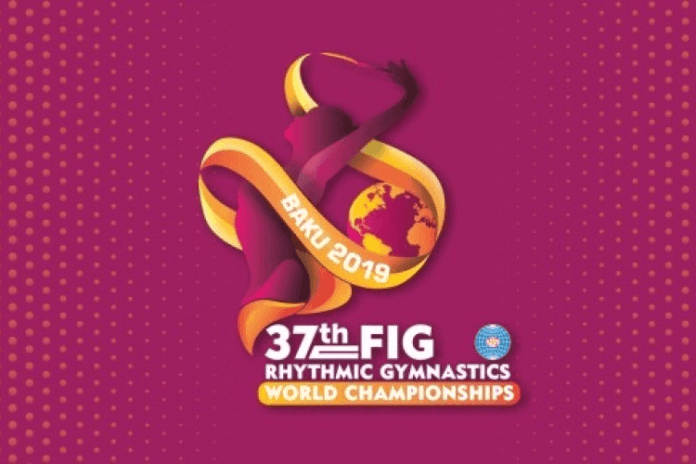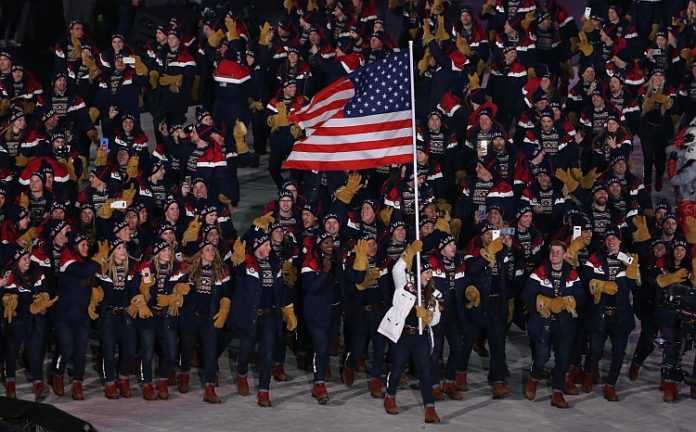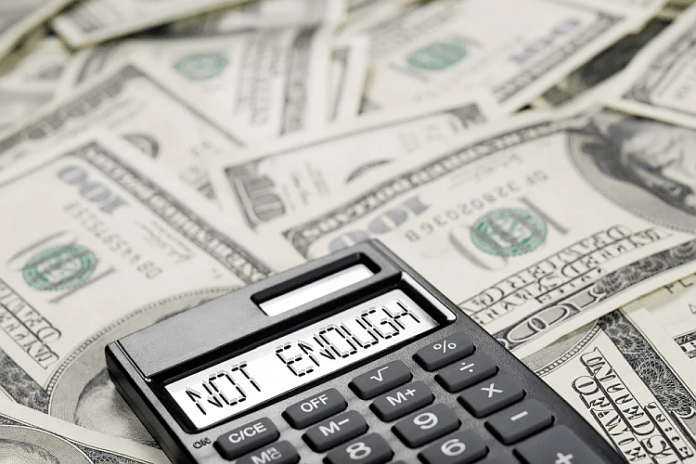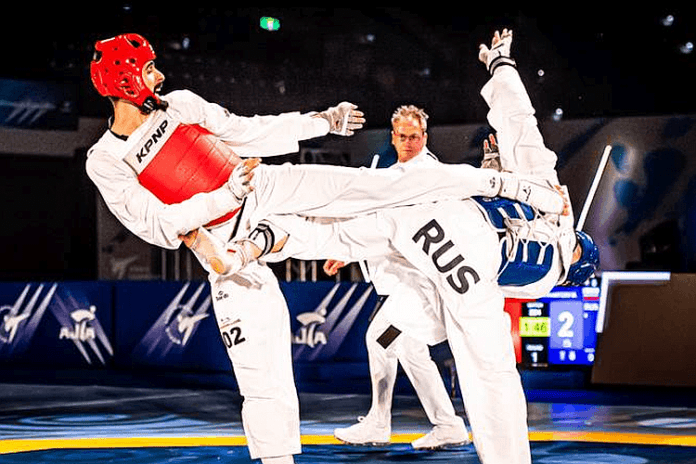≡ TSX DAILY ~ 16 September 2019 ≡
| 1. | LANE ONE: The USOPC is working, changing, but its reach is shorter than its desires
The United States Olympic & Paralympic Committee (USOPC) held its annual Assembly this past weekend in Colorado Springs, Colorado, and the new leadership team was front and center with opening remarks and a post-Board meeting news conference with one message: we listened and we are making changes.
Chief Executive Sarah Hirshland previewed a five-year program that is being developed in detail now, to be reviewed by the Board later this year”
“Our four priorities – and where you’ll see us invest and make substantive change in the coming years – are focused around how we create a better experience for our athletes, on and off the field of play; how we improve the effectiveness of all the organizations that serve our athletes; how we establish an athletes-first culture; and ultimately begin preparing for the awesome, transformational opportunity represented by hosting the Games in LA in 2028.”
These changes accurately reflect the comments from the USOPC’s Athlete Advisory Council, from the USOPC-created Borders Commission and from the testimony at Congressional hearings held in 2018. That’s good.
But Hirshland also hinted at the problem which could stand in the way of some of this progress: money.
The Borders Commission report noted that there is, at present, insufficient funding to undertake all of the changes it would like to see in the athlete support area. Hirshland spoke about “resource-allocation work” that will be needed before the plan can be approved in detail and then implemented.
The perception that the USOPC is swimming in money is simply wrong. In fact, the organization’s financial statements for 2018 – an Olympic Winter Games year – show $296 million and $270 million in expenses, including $211 million spent on athlete support, athlete medical insurance and support for the National Governing Bodies.
Could the USOPC pay an annual stipend to members of the U.S. Olympic Team? That would help a lot, but there were 796 members of the 2016 Olympic and 2018 Winter Games teams combined; an annual stipend of $5,000 a month ($60,000 a year) to cover personal and training expenses would cost $48 million.
Where’s that going to come from? Broadcast revenues from the USOPC’s share of the NBC agreements for the Games will increase by less than $10 million on an annual average once its new deal kicks in for the 2022-32 Games. How is sponsorship going to be increased, when the USOPC puts on no events of its own? And public donations are, in truth, quite modest.
These are real-life problems that the USOPC Board will have to worry about and try to solve. No word from the critics on how to solve them, either.
| 2. | BASKETBALL: Spain wins second FIBA World Cup title with rout of Argentina
It’s a little hard to remember, but about a month ago, the U.S. National Team defeated Spain, 90-81, in its first exhibition game, in Anaheim.
On Sunday, the U.S. had already finished seventh in the tournament as Spain tipped off against Argentina in the championship final of the FIBA World Cup. After getting off to a 14-2 start and a 43-31 halftime lead, Spain ran off 14 straight points during the third quarter and coasted in after piling up a 55-33 lead.
Guard Ricky Rubio was named the tournament’s Most Valuable Player after scoring 20 points in the final, and center Marc Gasol was also named to the All-Tournament team. Serbia’s Bogdan Bogadanovic ended the event as the top scorer, averaging 22.9 points a game.
It’s the second World Cup title for Spain, which also won in 2006. More here.
France won the bronze medal for the second straight World Cup, coming from behind to beat Australia in a defensive battle, 67-59.
Serbia won the fifth-place game by 90-81 and the U.S. swept past Poland, 87-74 in the seventh-place game.
U.S. coach Gregg Popovich commented after the win over Poland that “ It’s not written in stone that USA should walk to a championship” and added, “Some people want to play the blame game. There’s no blame to be placed anywhere. They want to play the shame game, like we should be ashamed because we didn’t win a gold medal? That’s a ridiculous attitude. It’s immature, it’s arrogant, and it shows that whoever thinks that doesn’t respect all the other teams in the world and doesn’t respect that these guys did the best they could.”
But the reality is that the U.S. should have done better, and – as pointed out by the players – had a seven-point lead halfway into the fourth quarter against France and let it slip away. More experience and better shooting are needed for the 2020 Tokyo Games and USA Basketball is more than aware of this. More here.
| 3. | CYCLING I: Roglic survives crashes, attacks and rain and wins the 74th La Vuelta
The big prizes in cycling are Grand Tours, the three-week monsters that test endurance like no other event in the sport. Slovenian star Primoz Roglic, 29 (pictured below), looked nearly unbeatable in the spring and was the favorite in the first Grand Tour, the Giro d’Italia.
He led for a while, but eventually fell off the pace and had to settle for third. Other than a single, national road race, he disappeared from the competitive scene in order to prepare for the final Grand Tour of the year, La Vuelta a Espana.
And ready he was. He took charge exactly when everyone expected him too, in the Individual Time Trial in stage 10 and took it from there. He met every challenge, stayed with the other contenders except for one error in stage 17, and showed brilliant climbing ability in one of the most challenging courses ever in the 74-race history of La Vuelta.
On the final weekend, he survived a crash and a controversial catch-up maneuver on Friday in the rain and then survived multiple attacks from runner-up Alejandro Valverde from Spain and essentially clinched his victory. His final-day ride into Madrid was mostly ceremonial.
Roglic is the first Slovenian to win any of the Grand Tours, but was hardly the only success story of the race. Countryman Tadej Pogacar won three stages, finished third overall and looks to have a brilliant future, so it’s likely that while Roglic was the first win a Grand Tour, he’s hardly going to be the last. More here.
| 4. | CYCLING II: Kimmann clinches BMX World Cup title while Smulders wins twice at Rock Hill
The penultimate weekend of the UCI BMX World Cup came to the famous race course at Rock Hill, South Carolina and the question of whether Dutch star Niek Kimmann would defend his 2018 seasonal title was definitively answered.
Yes.
Only 13th in Friday’s race, he came back to win on Saturday and clinch the 2019 title with 1,005 points, beyond the reach of Ecuador’s second-place Alfredo Campo (700) in the remaining two races at the end of the month in Argentina.
The women’s seasonal race is not decided, even through three-time defending champion Laura Smulders (NED) swept the Rock Hill races. Right behind her, however, was American Alise Willoughby, finishing third and second; Smulders will head to Argentina with only a 970-910 lead over her. With plenty of points available, it will be a fight to the finish. More here.
| 5. | SKATEBOARDING: Japan goes 1-2 in Park Worlds, but what about 11-year-old Sky Brown!
The World Skate Park World Championships featured Olympic qualifying for the first time in the five-year history of the event and Japan made good use of the opportunity, going 1-2 with seasonal leader Misugu Okamoto and 2018 World Champion Sakura Yosozumi and clinching spots in the 2020 Games.
U.S. star Heimana Reynolds, the 2018 silver medalist, moved up to the top of the podium in 2018 and led Brazilians Luiz Francisco and Pedro Quintas as the Tokyo qualifiers in the men’s division.
But although they were the best, they weren’t the star of the show. That was Britain’s bronze medalist in the “women’s” division: 11-year-old Sky Brown. She will be 12 by the time of the Tokyo Games and eligible to compete; her 58.13 points on her best run was 2.13 points better than fourth-place Poppy Starr Olsen of Australia.
Brown’s life has been changed forever. More here.
| 6. | SURFING: Ferreira wins men’s title for Brazil at World Surfing Games
The biggest annual competition in international surfing finished in Miyazaki, Japan, with Brazil’s Italo Ferreira completing a wild week with a world title in the finale of the World Surfing Games.
He had his passport stolen just days before he had to leave for Japan, managed to get a new one, but with all of the delays, he only made it to the beach with a reported eight minutes to spare before his first heat was scheduled.
Ferreira made it on time, won his heat and continued on to a victory in the finals over American Kolohe Andrino and fellow Brazilian Gabriel Medina.
There was Olympic qualifying on the line for continents other than the Americas – those were decided at the Pan Am Games – so none of the men’s medalists qualified for Tokyo in 2020. They will have other chances, however, in the future. More here.
| 7. | ATHLETICS: World record Half for Geoffrey Kamworor; Bukowiecki out to 73-0!
If you have any doubts about the exploding importance of the half-marathon distance, consider that three-time World Champion Geoffrey Kamworor (KEN) passed on the IAAF World Championships in Qatar to try for a world record at the Copenhagen Half Marathon on Sunday.
The mark he was chasing was a very good 58:18 by countryman Abraham Kiptum from 2018. But Kamworor didn’t beat the mark, he massacred it.
Consider these 5 km splits: 13:53, 13:41, 13:31 and 13:56 and then 3:01 on the 1.097 km run-in; every split under 14 minutes? A 4:26 mile pace for 13.1 miles? Are you kidding?
“It is very emotional for me to set this record,” said Kamworor. “And doing it in Copenhagen, where I won my first world title, adds something to it.” More here.
Add another place setting in the men’s shot put medal hunt in Doha, as Poland’s young star Konrad Bukowiecki (22) reached 22.25 m (73-0) at the Skolimowska Memorial n Chorzow (POL) last Saturday (14th).
It’s his fourth lifetime best in a month and moves him to no. 7 on the world list for 2019. There are now an amazing eight throwers who have reached 22 meters (72-2 1/4) this season.
Also of note: Steven Gardiner of The Bahamas sent a message that he is not conceding any medals to the Americans in the 400 m, winning that event in a seasonal best of 44.14, now no. 3 on the 2019 list. Then again, the entry of the Bahamian team in Doha is now uncertain due to a lack of funds for travel (more here)!
American Shannon Osika produced another stunner, lowering her lifetime best from 4:04.22 to 4:01.80 to win the 1,500 m; the started the year with a best of 4:06.17! More here.
| 8. | BOBSLED: Humphries files suit vs. Canadian Bob Federation, wants to compete for U.S.
This is almost beyond comprehension: Canada’s Kaillie Humphries, a two-time Olympic champion and three-time Olympic medalist, filed a complaint last year with Bobsled Canada Skeleton, “against the team’s head coach, Todd Hays, citing ‘verbal and mental abuse’ among other charges, but said the organization has yet to complete their investigation after more than a year, leaving her no choice but to seek a full release from BCS.” She says now that she wants to compete for the U.S.
The CTV News report further explained that in the charges against Hays – an American who was a two-time Olympian in Bobsled – “Humphries wrote, ‘I have felt disrespected, degraded, demoralized, worthless, unsafe, emotionally exhausted and overwhelmed.’ She further alleged that Hays is the subject of similar complaints from female athlete members of the United States Bobsled and Skeleton Federation.”
According to the story, Humphries, 34 – born in Calgary – married American former bobsledder Travis Armbruster on Saturday (14th). She has asked for her immediate release by BCS so she can begin training for the U.S. team. CTV reported that “Humphries says she sent a letter requesting a release from BCS on August 3, 2019, in order to compete for the United States Women’s National Bobsleigh Team, and was told on August 22 that she would not receive the release until the investigation into her harassment complaint was complete.” Wow.
| 9. | ICE HOCKEY: Four Nations tournament in Sweden called off since Swedes are on strike
The annual Four Nations Tournament featuring four of the world’s top teams – the U.S., Canada, Finland and Sweden – has been canceled for 2019. The event was scheduled to be hosted in Lulea, Sweden in November, but the Swedish Ice Hockey Association announced the cancellation last Friday (13th) as the Swedish women’s team is on strike for better pay and training conditions.
That action was called on 14 August and the team members and the Swedish federation appear to be far apart on an agreement. This is the second tournament canceled due to the strike; a five-team event held in Finland in August was also skipped.
Originally known as the 3 Nations Cup in 1996, the event expanded with the addition of Sweden in 2000 and had been held in Sweden – on rotation – four times, beginning in 2003. No word yet if the Americans, Canadian and Finns will try to reschedule it in one of their countries.
| 10. | SWIMMING: ISL finally selling tickets for 2019 season
In a late but positive sign for the International Swimming League, ticket sales were announced on 6 September for four of the inaugural season’s seven meets, beginning in Indianapolis, Indiana on 5 October. Dates and adult prices (regular and premium) now available:
● 05-06 October in Indianapolis: $25 and $40 per day
● 19-20 October in Dallas (area): $25 and $40 per day
● 16-17 November in Washington, D.C. (area): $35 and $60 per day
● 23-24 November in London (GBR): £21 (available) and £26 (sold out)
The meets are described as “The fast-paced, electrifying short-course sessions will feature elite swimmer’s from around the world including Olympic and World Champions from over 10 different countries.”
Do they really mean “electrifying”? Kind of a scary thought when referring to swimming, don’t you think?







